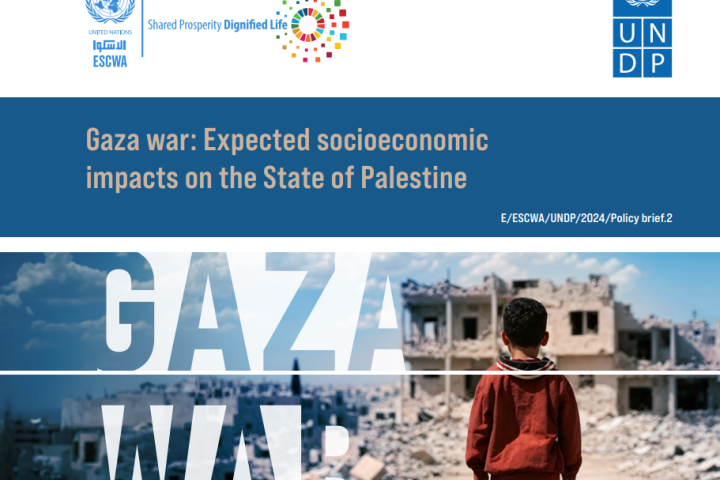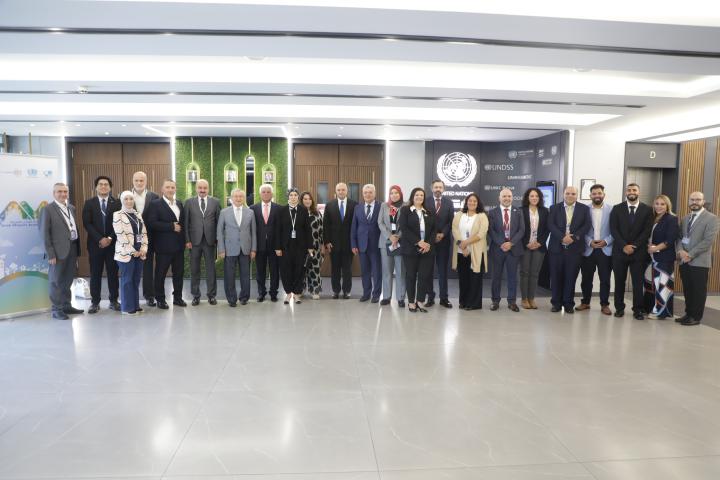Press release
6 Mar 2014
Beirut
New ESCWA Report Advocates Integration through Culture and the Arts
Art, literature, music and film hold the key to Arab unity and renaissance



